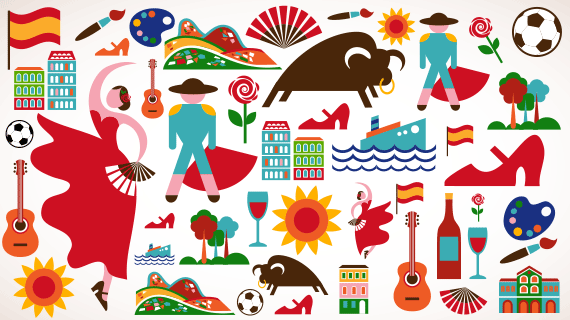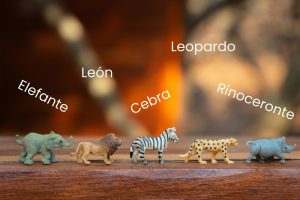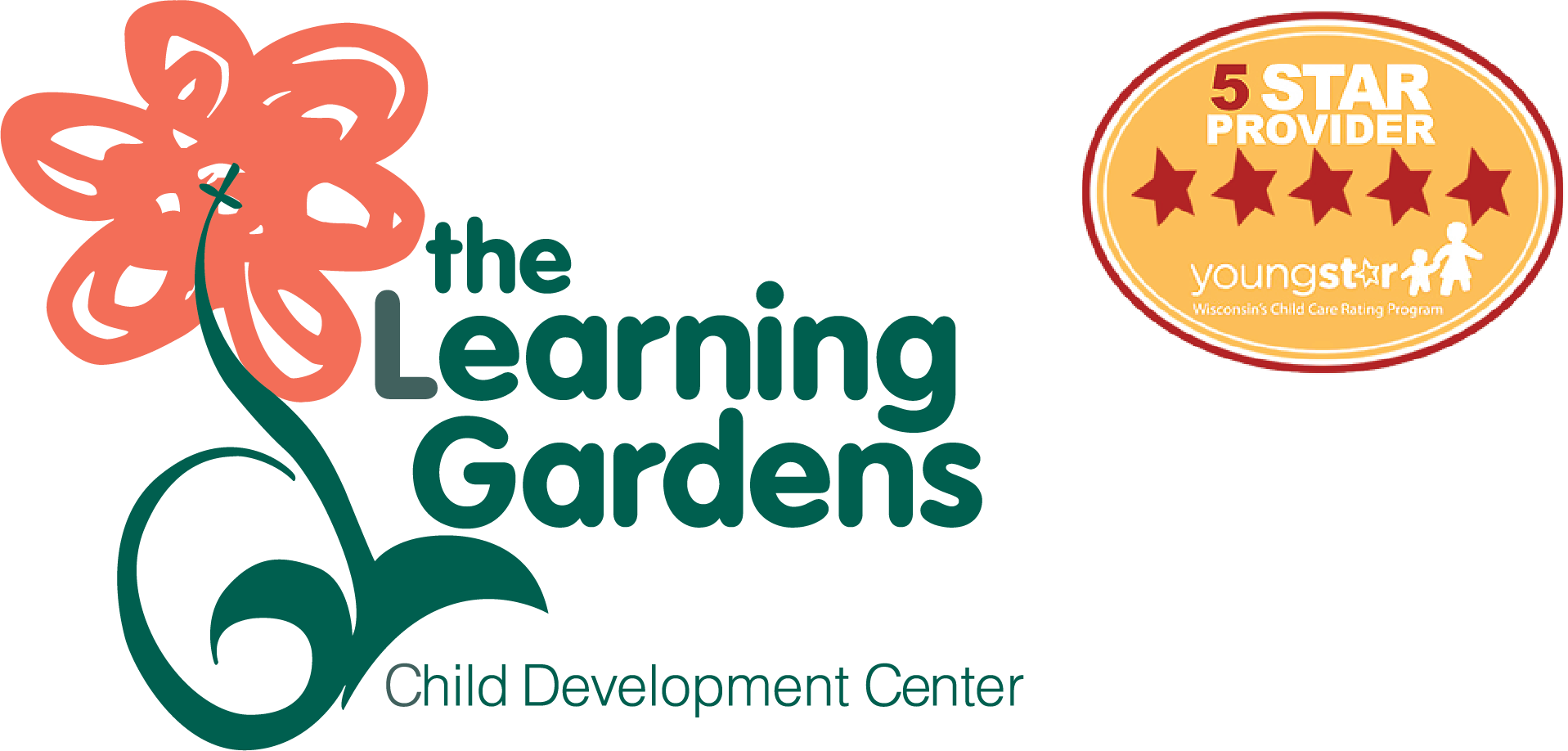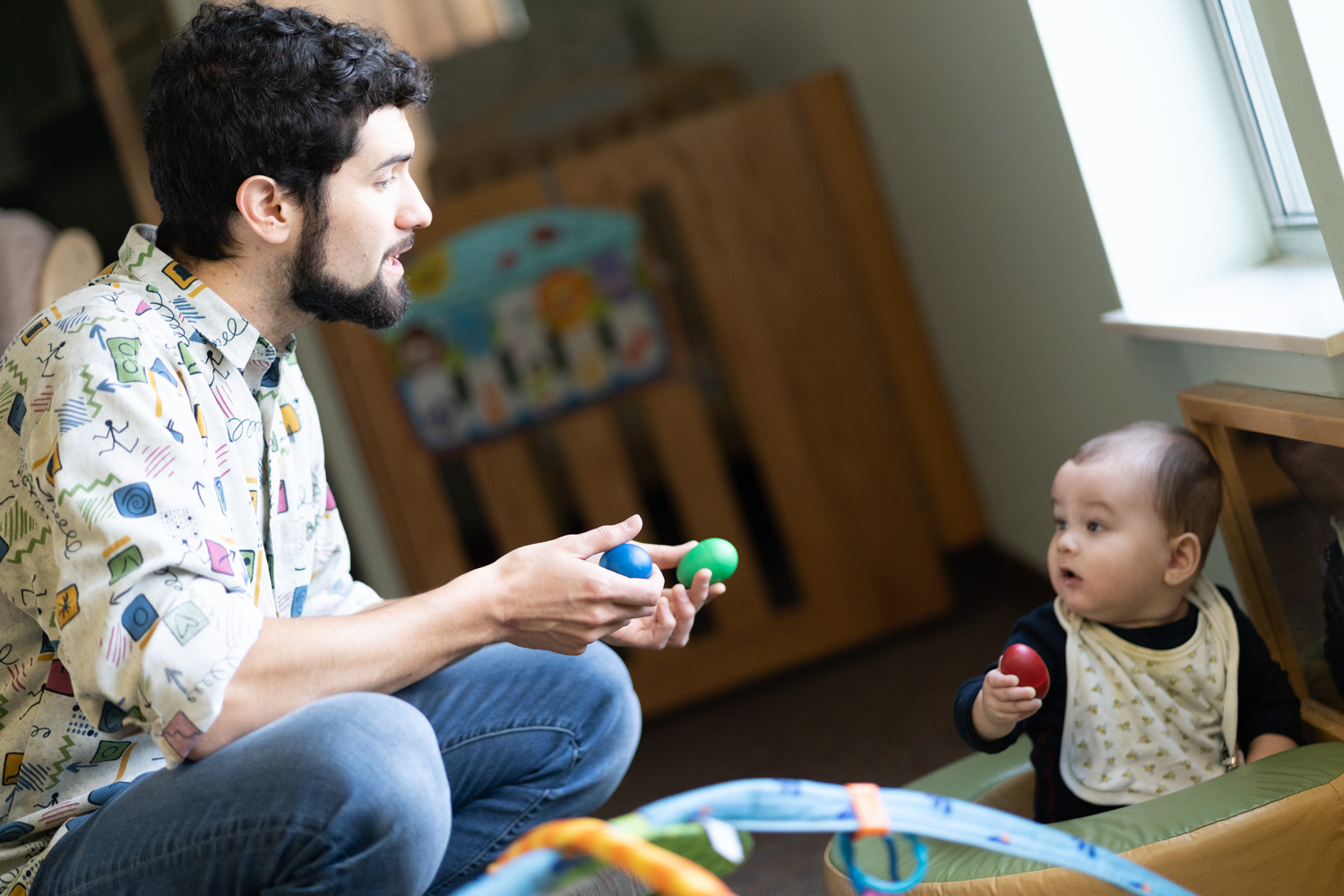Hola from The Learning Gardens!

From a young age, children are constantly developing their language and early literacy skills through reading books, telling flannel board stories, singing songs and through social interactions with those around them. By exposing the young child to Spanish with these activities we can encourage lasting language and literacy skills, cultural diversity, and introduce them to a world of possibilities for the future! Research shows that children, from birth to age five, exposed to more than one language show signs of significant cognitive growth, as well as strengthened memory and concentration.
Nikki, Spanish Teacher
Hello! My name is Nikki and I have been working with The Learning Gardens since March 2024. I love working with kids because I want the kids to have a wonderful experience and have a sense of community. I believe children learn best through Kinesthetics (hands on experience). I am passionate about including everyone and being reassured.
I hold an associate’s degree from Madison Area Technical College. I grew up in Puebla, Mexico. I have lived in Madison since 2011. I have a turtle and a dog. In my spare time, I like to make huichol art which is beaded jewelry. I speak both English and Spanish.
Favorite Quote: “You are too concerned with what was and what will be. There’s a saying; Yesterday is history, tomorrow is a mystery but today is a gift. That is why it is called the present.” – Master Oogway

Teaching Style and Learning Objectives:
During Spanish lessons, we plan on learning numbers, animals, seasons, weather, emotions/feelings, colors, greetings, etc. This will be a combination of looking at images, playing games, watching videos, and repetition in learning new words. I plan to use FrogStreet in my lesson planning as they offer a lot of great resources both in English and Spanish. They also have a lot of great tools for kids to be actively engaged in learning Spanish.
Spanish is provided in all classrooms!
For more information on how children learn to develop new languages and exciting ways to help learn Spanish, please visit PBS Kids & Parents!

